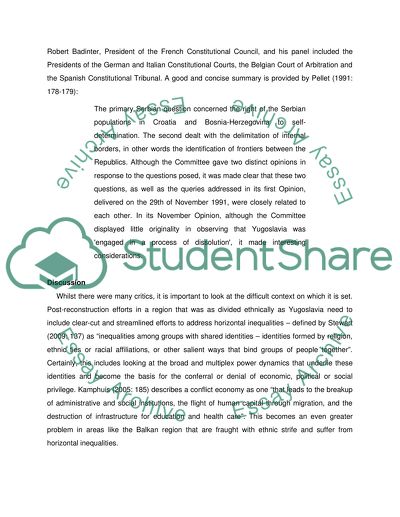Cite this document
(“INTERNATIONAL LAW Essay Example | Topics and Well Written Essays - 2000 words”, n.d.)
Retrieved de https://studentshare.org/law/1392739-international-law
Retrieved de https://studentshare.org/law/1392739-international-law
(INTERNATIONAL LAW Essay Example | Topics and Well Written Essays - 2000 Words)
https://studentshare.org/law/1392739-international-law.
https://studentshare.org/law/1392739-international-law.
“INTERNATIONAL LAW Essay Example | Topics and Well Written Essays - 2000 Words”, n.d. https://studentshare.org/law/1392739-international-law.


